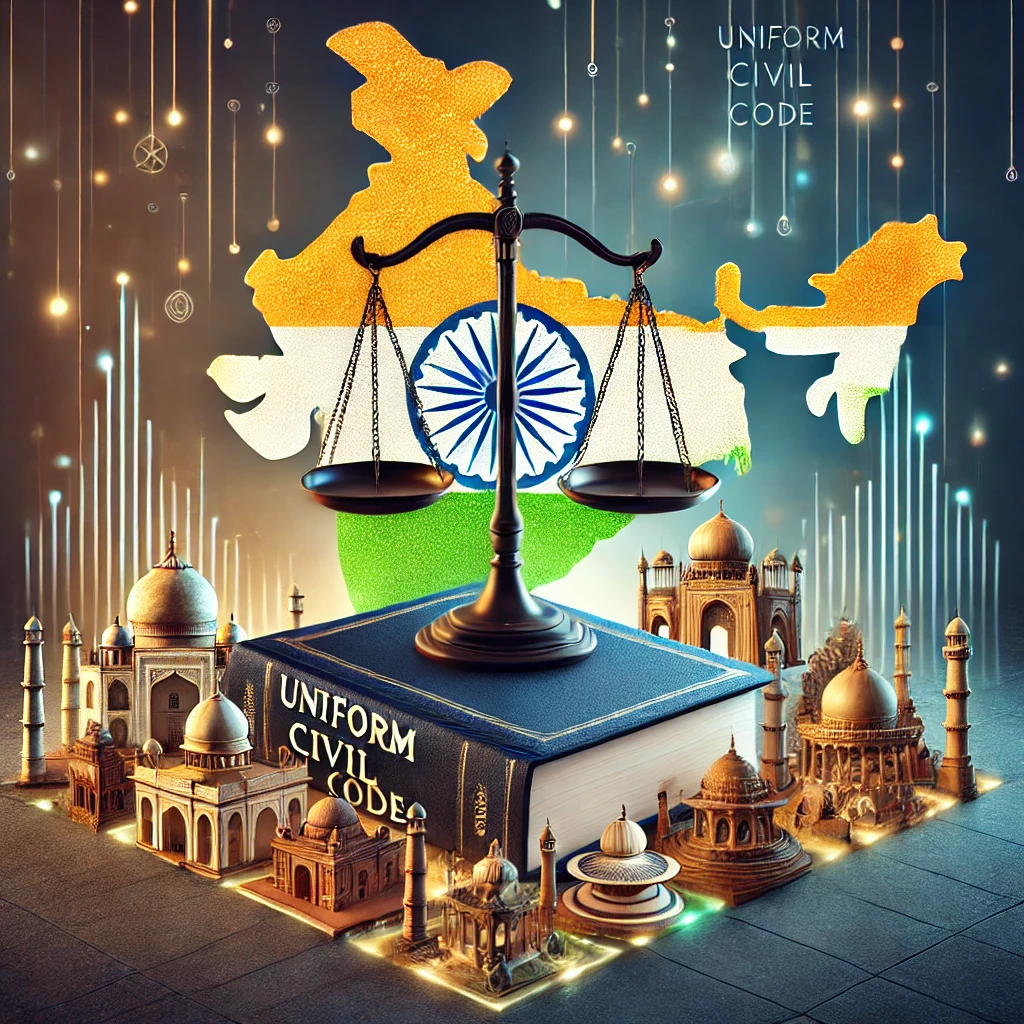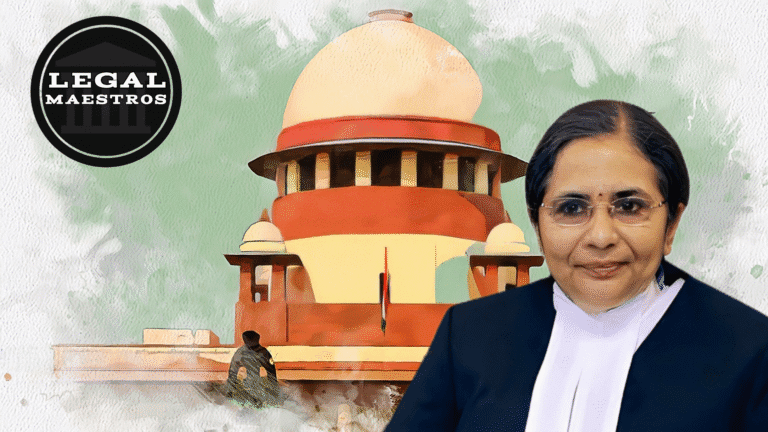
Analysis of Uttarakhand's Newly Enacted Uniform Civil Code: Key Provisions and Implications for Personal Laws
Uttarakhand’s pioneering Uniform Civil Code: key provisions and implications for personal laws
Uttarakhand has become the first Indian state to enact a Uniform Civil Code, which will standardize personal laws across its diverse population. This landmark legislation aims to harmonize rules related to marriage, divorce, inheritance, and live-in relationships, transcending religious and cultural distinctions. This article delves into the key provisions of Uttarakhand’s UCC and examines its potential implications for personal laws within the state.
Background and Rationale
For More Updates & Regular Notes Join Our Whats App Group (https://chat.whatsapp.com/DkucckgAEJbCtXwXr2yIt0) and Telegram Group ( https://t.me/legalmaestroeducators ) contact@legalmaestros.com.
Since the time India achieved independence, Uniform Civil Code has been a controversial issue. Article 44 of the Indian Constitution has asked the state to pursue the idea of a UCC in order to have a homogeneous society with no differences and discrimination. Due to its wide diversity of culture and religion, India had been maintaining its personal laws on the basis of their respective religious laws. Uttarakhand’s latest law is one step ahead to merge these various laws under a single roof.
**Key Provisions of the Uttarakhand Uniform Civil Code**
**Marriage and Divorce**
The UCC establishes a uniform minimum age for marriage—18 years for women and 21 years for men—aligning with national standards. It mandates the compulsory registration of all marriages with designated authorities, ensuring legal recognition and transparency. The code specifies uniform grounds for divorce applicable to all communities, addressing issues such as cruelty, adultery, desertion, and mental illness. Besides that, there is also the spousal and child maintenance upon divorce so that provision will be available in terms of monetary for their care.
**Inheritance and Succession
Equalizing the rights of inheritance is one of the vital aspects of the UCC. It affords equal rights of inheritance to sons and daughters and strikes a distinction between ancestral as well as self-acquired assets. This ensures uniformity in the code of inheritance, as it is based on the relationship of the person concerned with the deceased, regardless of religious differences, thereby easing the complexities and confusion arising from various personal laws.
**Live-in Relationships**
The UCC requires the registration of live-in relationships, thereby giving them legal status and safeguarding the rights of the parties involved in such relationships. It ensures that children born to partners in registered live-in relationships are entitled to inheritance, maintenance, and other legal benefits. Maintenance provisions for deserted partners in live-in relationships are also made, thereby ensuring their financial security and preventing exploitation.
**Additional Provisions**
It bans the practice of polygamy for everyone and promotes monogamy and gender equality. It consolidates the already existing national prohibition of child marriage by protecting children from harmful traditional practices. The jurisdiction of courts in matters related to marriage, divorce, inheritance, and maintenance under the UCC is well defined to provide effective legal redress.
**Exemptions**
Significantly, the Act specially excludes Scheduled Tribe members from coming within its domain. The laws relating to persons would remain in matters of personal lives under the tribals’ accustomed law. Their special cultural system is recognized thereby.
**For Personal Laws**
With the UCC being introduced at Uttarakhand, there arise wide implications for personal laws:
**Legal Uniformity
By standardizing personal laws, the UCC aims to eliminate discrepancies and promote equality across different communities. This uniformity simplifies legal processes and ensures that individuals are subject to the same laws regardless of their religious or cultural background.
**Gender Equality**
The equalization of inheritance rights and the abolition of polygamy are huge steps toward gender equality. The women, who have been victims of discrimination for ages under some personal laws, will be far better protected and empowered under the UCC.
**Cultural Sensitivities**
While promoting uniformity, the UCC also raises some critical issues regarding erosion of cultural and religious identities. Critics argue that a common code may infringe upon the rights of communities to practice their personal laws, which are deeply intertwined with their cultural and religious beliefs.
**Legal Challenges
The UCC may be challenged in court, especially on the issue of its conformity with constitutional provisions that guarantee religious freedom. The balancing of equality and secularism principles with the right to religious practices is a complex legal dilemma.
**Social Impact**
Mandatory registration of live-in relationships and granting rights to partners and children in the relationship indicate a progressive approach toward evolving social norms. However, such provisions might oppose the conservative sections of society.
**Conclusion**
Uttarakhand’s move to introduce a Uniform Civil Code is a bold step towards bringing uniformity in personal laws and promoting equality. Although it provides benefits of uniformity and higher rights for women, there are challenges made with cultural sensitivity and legal complexity. How well the UCC will be adopted and whether the states can address the concerns of communities will only prove the success. Uttarakhand is the first state that adopts such a code, so this experience would be essentially important as a reference in future deliberations upon the Uniform Civil Code of India.






